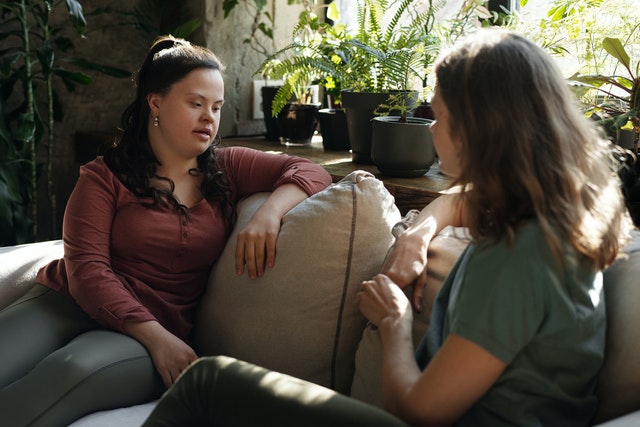The UN Convention on the Rights of Persons with Disabilities was adopted in 2006 and has been signed by 164 signatories.
Back in 2010, we have been involved in setting up a measurement system for the implementation of the Convention. Some of the key questions include:
- Are public transport systems adequately equipped for persons with disabilities?
- Is the justice system accessible for persons with disabilities?
- Has the schooling system inclusive practices for persons with disabilities?
It was an interesting work, and it raised the personal awareness for problems persons with disabilities face. Justitia is often portrayed blindfolded holding a balance. But it still makes headlines if a judge is blind.
Next time you take the public transport system, check how accessible subways, buses and trams are. It is not only important for wheelchair users but also for parents with buggies. You will also notice how disabled persons disappear from public life in countries with low scores. It starts with minor details such as sidewalks which are sometimes better described as obstacle courses.
Access to public transport, education or justice is of course important, but employment remains central to the life of individuals. Not without reason, one of the first questions after meeting someone for the first time is usually “What do you do for a living?”. Creating and enabling employment for persons with disabilities is thus an important aspect.
The Zero Project is mapping employment projects and practices for persons with disabilities. The European examples below show the diversity of interventions to improve the labor market prospects for persons with disabilities.
- There is a law in Spain which states that 2% of public jobs should be reserved for persons with intellectual disabilities. Madrid-based Plena inclusión España is working with public administrations to make the recruitment process accessible.
- The Trinity Centre for People with Intellectual Disabilities (TCPID) offers a higher education program for people with intellectual disabilities. It is an interesting program and receives funding from various philanthropic institutions. Zero Project has described how they have set up an internship program with a company resulting in four permanent positions.
- myAbility is an Austrian social enterprise which offers advice to companies on how to improve the inclusion of persons with disabilities. “myAbility Talent Programme” helps participants with individual career coaching and workshops among others. They are also trying to match the talents with companies. So far, out of 130 participants, 52 have received offers from participating companies.
There is still a lot left to be done. When it comes to employment opportunities for young persons with disabilities, it seems that the key market failure is the matching of supply and demand. It would also be important to support companies in creating inclusive employment practices.
Wolfgang Spiess-Knafl, Munich Business School


